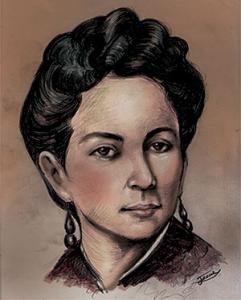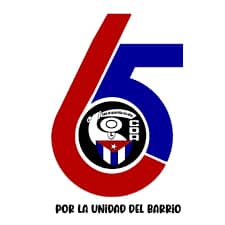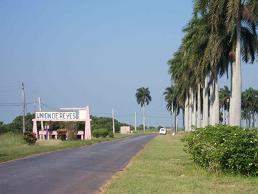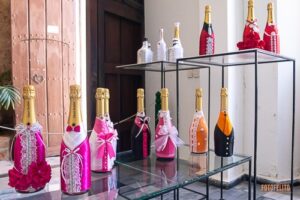Ana Betancourt: «I wish…to devote my life to the struggle for my homeland».


Remembered as one of the most daring women in our history for dedicating her life to freedom and advocating for the emancipation of women in the face of the unjust regime to which she was subjected, Camagüey-born Ana María de la Soledad Betancourt Agramonte, or simply Ana Betancourt, is part of the sublime list of heroines who still glorify the imprint of the Cuban feminist movement.
Born on December 14th, 1833, this female not only rubbed shoulders with paradigms of the growing independence movement in an unjustly colonized Cuba and shared with the Colonel of the Liberation Army Ignacio Mora Pera the conjugal love for the Homeland, but also after the Clavellinas Uprising of November 4th, 1868, her house became a deposit of weapons and ammunition and a shelter for emissaries coming from the former province of Oriente.
Motivated by her husband and the effusive mambisa vibe beating in her being, she shone in one of the most prestigious events of the national history: the Assembly of Guáimaro, where her euphoric words earned her the respect and admiration of those present when she clamored for the liberation of women and the end of the prejudices by which she was subjected at that time.
The adversities to neutralize the Mambi insurrections were not long in coming and Ana was a witness of it. On July 9th, 1871, together with her husband in Rosalía del Chorrillo, an enemy guerrilla surprised them. Mora was able to escape but the arthritis she suffered from in her legs made it difficult for Ana to escape and, unfortunately, she was taken prisoner.
Three months tied to a ceiba tree, in the open, in the savannah of Jobabo as a decoy to catch her husband, including a mock execution, and despite the ordeal, the resistance of her marriage to Mora and her fervor for the homeland were stronger.
Exile took her to Mexico and New York, Jamaica and Spain. Hard times in which she suffered too much for the unjust condemnation of the 8 medical students, not without appealing for her innocence before the American president Ulysses Grant, learning of the bloody murder of her husband Ignacio, meeting the Apostle José Martí and, by the time the American military occupation became palpable, she died of bronchopneumonia on February 7th, 1901.
In a socio-political context where women take their deserved protagonism, it is worth remembering this mambisa who still inspires for carrying in her blood and lineage, of the Cuban woman, her tenderness, courage and firmness.
Written by Yadiel Barbón Salgado.




